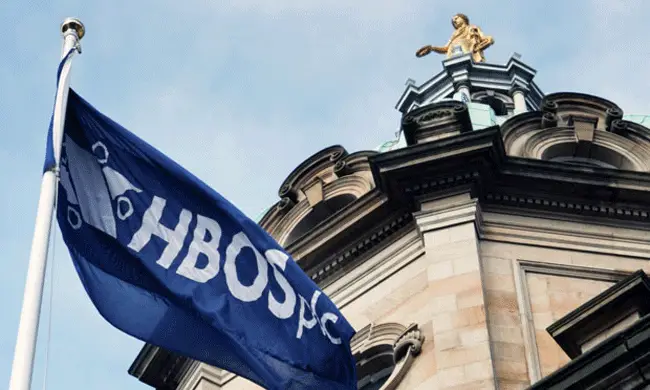The inquiry into the Lloyds Banking Group’s alleged cover-up of a £1 billion fraud associated with the Reading branch of HBOS has been delayed once again, sparking mounting frustration among the victims.
Originally anticipated to be completed within months, Dame Linda Dobbs’ review now risks becoming one of the slowest official reports in British history. Critics argue that the prolonged process may be perpetuating the very cover-up it is meant to investigate. Dame Linda Dobbs, a former High Court judge, was commissioned in April 2017 to examine Lloyds’ response to the fraud, which involved bankers and consultants exploiting overly lenient credit policies, leading to the downfall of several small and medium-sized enterprises.
Six individuals were imprisoned in 2017 for their roles in this extensive scam, including HBOS banker Lynden Scourfield and David Mills, the ringleader of Quayside Corporate Services, a consultancy that took advantage of HBOS clients. Although Lloyds has acknowledged that victims suffered due to Quayside’s actions, many, including media personality Noel Edmonds, are concerned that the delayed review is shielding senior executives from accountability. Edmonds, whose company Unique Group was victimised, has equated the Dobbs review’s protracted timeline to the notoriously lengthy Edinburgh Tram inquiry, which took almost nine years to complete.
A senior banking source has revealed that executives at Lloyds and HBOS were aware of issues at the Reading branch as early as 2007. Rather than addressing the fraud, they allegedly chose to pursue debts from affected businesses. “Instead of owning up and redressing the issue, they decided the best option was to further destroy businesses, hoping that would get rid of the problem. It seems quite clear-cut to me,” the source asserted.
Paul and Nikki Turner, who owned the music publishing business Zenith that was destroyed by the fraud, have voiced their disappointment with the review’s progress. They accused Lloyds of hoping that the truth would never come to light. In communications with the review’s counsel, Adam Wiseman KC, the Turners questioned the integrity of the review. Dobbs reassured them, asserting that her “no stone unturned” approach remained the objective, although the review continued to accept new information as of this year.
The Dobbs review is tasked with investigating claims that Lloyds concealed the HBOS fraud, hindered police investigations, and exacerbated the victims’ suffering. The scope of the inquiry is extensive, covering oral and written evidence from numerous witnesses and reviewing hundreds of thousands of documents spanning nearly two decades. However, as a non-statutory inquiry, it lacks the authority to compel witness participation, contributing to the delays.
The process has been further slowed by the complexities involved in handling confidential documents protected by legal professional privilege and difficulties in coordinating witness availability. Although drafting of the review has commenced, substantial analysis remains outstanding, prompting industry calls for increased transparency. Some victims have suggested that an interim summary should be published to clarify the review’s findings thus far.
Mark Brown, General Secretary of BTU, an independent trade union for Lloyds staff, has criticised the drawn-out nature of the inquiry, suggesting that Lloyds might prefer to see the investigation “kicked into the long grass.” He has called on Dobbs to identify those responsible for the delays and hold Lloyds accountable for prolonging the review. Lloyds, which has already incurred £1.3 billion in charges related to the scandal, insists that it is fully cooperating with the inquiry and has apologised to affected customers. “Our intention has always been, and remains, to provide fair and generous compensation,” stated a Lloyds spokesperson. The bank has pledged to provide the final report to the Treasury Select Committee once it is completed.
Dame Linda Dobbs is resolute about the necessity of a thorough investigation, emphasising that “Where serious allegations have been raised about the adequacy of past investigations, I owe it to those victims to conduct a comprehensive inquiry and reach robust conclusions. That means no short cuts.”
As the review approaches its final stages, victims and the public anxiously await a comprehensive account of the events and accountability for those responsible.


